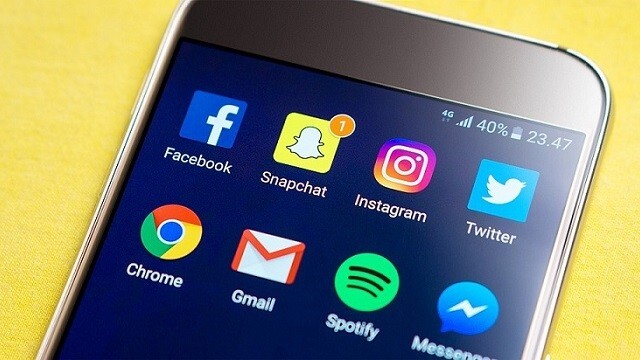
Over the past couple of weeks, Twitter and Instagram have begun testing ways to reduce visual emphasis on users’ follower counts. The tweaks aren’t much more than changes in font size and where the text appears. But they represent a shift in focus away from personalities’ popularity to the content they create, and the value they bring to the community.
I’m totally in favor of this, and I hope these companies expand their experiments to see how they play out. And I’m not the only one. Reddit doesn’t display follower counts (though it does show your ‘karma,’ or points earned for upvotes on your content and comments). Heck, even Kanye West is on board with hiding his 28.6 million followers stat.
we should be able to participate in social media without having to show how many followers or likes we have. Just like how we can turn off the comments we should be able to turn off the display of followers. This has an intense negative impact on our self worth.
— ye (@kanyewest) September 20, 2018
For once, West is right. Several studies have linked social media to depression, sadness, loneliness, envy, and to a drop in self-esteem. At the risk of weakening my case, I’ll add that an older study dating back to 2009 had found that spending time on social networks made people happier. But as someone who engages with social media in a personal and professional capacity, I find that follower counts on others’ profiles aren’t useful, and they don’t do me any favors on my own profile either.

As we increase the time we spend online, we also expose ourselves to the danger of measuring ourselves by the number of likes and follows we get. That sort of behavior is problematic in itself, but it gets worse when you consider the fact that you have little to no real control over those numbers.
A change in your social network’s algorithm that determine how posts are shown to users, or a cleanup drive to boot bots off the platform, could see your precious stats take a nosedive. That’s the world we live in now.
There are other ways social media can affect you too. As I’ve learned the hard way, it’s easy to become addicted to looking at screens, and to fall prey to developers’ clever tricks to keep you hooked to their apps (like how Instagram reportedly withholds likes on your posts so you get them in bursts, rather than all at the moment you publish a photo).
In the case of ‘mommy blogger’ Katie Bower, her desire (or should I say need, since this earns her money) for likes pushed her to the point of complaining about how pictures of her son got fewer likes than her other posts. She later said that her words reflected a journey of ‘personal growth’ and learning that likes don’t really matter all that much. Go figure.
I’d love to try using social networks without all those numbers for a change, and see how things go. It wouldn’t take much for these companies to at least offer an option to hide them. After all, they’re not crucial to connecting people.
If you’re not a publisher or managing a brand, you could probably do just fine without those stats. And if there’s even a sliver of a chance that hiding these figures could help make social networks less dreadful and detrimental to our sense of self, it’s worth a shot.
We don’t care too much about our follower count, but if you want to see more of what we publish, you could follow us on Facebook, Flipboard, Instagram, LinkedIn, Pinterest and Twitter. Or subscribe to our newsletter.
Get the TNW newsletter
Get the most important tech news in your inbox each week.




